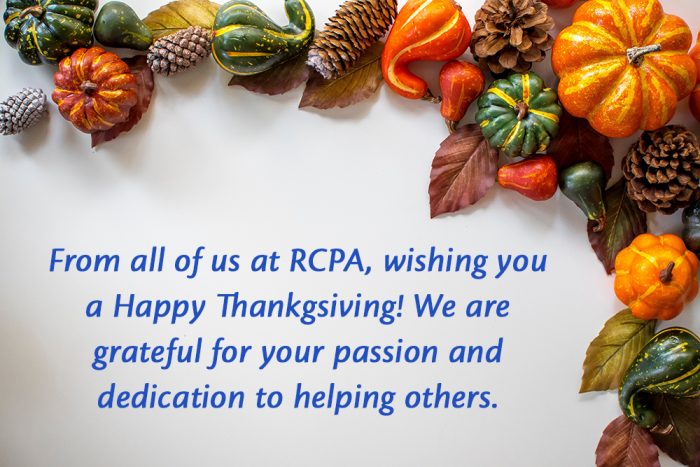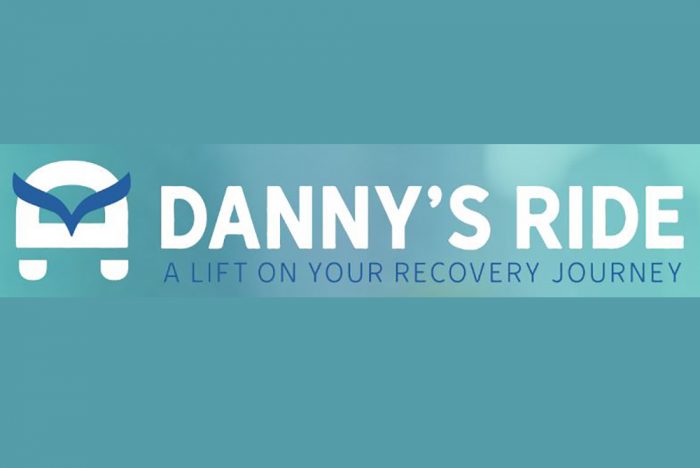Recovery Community Divided Over Pending Legislation That Would Radically Change SUD, Mental Health Peer Services in PA
By Jason Snyder, Director, SUD Treatment Services, BH Division
Nothing about us without us.
That is the mantra that emanates from the recovery community any time policy decisions are being considered that would affect those seeking or already in recovery from substance use disorder (SUD) or mental health issues.
The thinking goes that no one knows the plight and the needs of the person seeking recovery better than those who have sought and found recovery themselves. The peer profession is based largely on this tenet. I can attest to the power of the peer. Without those with lived experience helping me early in my recovery and, in fact, to this day, my life likely would not have followed the path that it has.
“Nothing about us without us” is a spoken tie that binds, and often times it’s a rallying cry in an us-against-them mentality. It’s no different from any other special interest, including the addiction treatment providers who I represent, rallying their own against perceived threats from outside influences. It’s what we as advocates do.
But that tie is being tested with a yet-to-be-introduced bill – called Promoting Recovery, Opportunity, Professionalism, Ethics, and Longevity (PROPEL) – that would radically change the way peer services are provided in Pennsylvania. It is being tested because the bill lacks widespread support within the recovery community. Few in the recovery community had any hand in shaping it. In fact, from the many conversations I’ve had with those in the peer community, most had no idea this bill was even in the works. Many probably still don’t know it’s been written.
Licensing, Regulating, and Funding All Peer Organizations
Although the cosponsorhip memo describes the pending bill as a means to reduce overdose deaths by developing a sustainable funding stream for peer support services providers, it reaches far beyond funding. It does intend to create a sustainable, consistent revenue stream through Medicaid reimbursement for SUD and mental health peer services, though on the mental health side of the behavioral health equation, Medicaid reimbursement for certified peer specialist services (CPS) provided by peer organizations licensed by the state Department of Human Services has been a reality as a Medicaid state plan service for nearly 20 years. On the SUD side, DHS is seeking to add certified recovery specialist (CRS) services to the state plan. When a service is part of the state plan, behavioral health managed care organizations are required to pay for the service (As a point of clarification — in Pennsylvania, CPS’s have lived mental health experience and provide mental health peer services; CRS’s have lived SUD experience and provide SUD peer services. Whether we should continue to silo the two in the recovery and treatment worlds and beyond is an important discussion for another time).
This bill would change the current mental health peer organization licensure process, while creating new and separate licensure processes for mental health peer organizations and SUD peer organizations. Regulations to govern peer services would be promulgated and largely drive the licensure processes. The bill also conflates mental health drop-in centers, crisis centers and recovery community organizations (RCOs), a point of contention among operators of RCOs.
For RCOs – historically defined by SAMHSA as a nonprofit organization founded and led by people with direct lived experience with substance use challenges and recovery – funding has been much tougher to come by when compared with licensed mental health peer services providers. With the biggest source of funding for many RCOs being grants, a consistent, sustainable funding stream would be welcomed. But the challenges of licensure and regulation, which bring significant burden in the form of oversight and regular audits, has some in the recovery community, including those operating RCOs, concerned what it could mean to their survival and ability to be flexible and adapt to their community’s needs.
Prohibiting Treatment Providers From Providing Peer Services
The bill’s supporters also say its intention is to protect the integrity of the individual peer professional. With this bill, all peer services would be co-opted by licensed peer support organizations, meaning no treatment providers – for-profit and nonprofit alike — could offer any type of peer services unless they contracted with a licensed peer organization. In fact, any for-profit company, whether clinical or otherwise, could not provide peer services. The rationale behind this piece of the bill, at least what has been communicated to me, is that peers are being made to do work well beyond or below their scope (e.g., fulfilling duties of behavioral health technicians as opposed to peer professional responsibilities), which sometimes forces peers into unethical situations. Proponents of the bill haven’t been shy about saying they have video recordings of peers sharing such stories.
Substance use disorder and mental health treatment providers, many of whom have been providing peer services within their organizations for years, would no longer be able to provide the services as they currently do. Instead, they would be required to enter into a contractual arrangement with a peer support services provider, defined as “an independent, nonclinical, nonprofit organization, including an RCO or mental health peer organization that is led and governed by individuals in mental health and substance use recovery that employs peer support specialists and provides peer recovery support services.” Such a requirement would make treatment providers – trained and educated experts in providing comprehensive services, including recovery services, to any client who is receiving services in their program – beholden to licensed peer support programs, add additional layers of administrative burden, and jeopardize access to peer services.
The bill would also remove any requirement of clinical supervision of peers for reimbursement, thereby removing what can be critical clinical judgement in certain cases where peers lack needed expertise to direct clients to immediate services they may need. In other words, a clinician would no longer be required to oversee a peer in order to receive reimbursement for the services. A peer supervisor would be adequate to be reimbursed for those services.
Paying Peers Commensurate to Their Value
There are some pieces of this bill that I wholeheartedly support. A lot of lip service gets paid to the value of peers, but we don’t see that translating into consistent funding or adequate rates. I would love to see an adequate, sustainable funding model for community-based peer organizations that recognizes the real value of the peer – putting our money where our mouth is, so to speak. And I would love to see peers be used with fidelity in all settings in the way they are intended. I think there is a way to bring all stakeholders together to discuss how to make this happen.
Considering the Optics
There are some pieces of the bill that are obviously concerning, too. Prohibiting treatment providers from providing peer services as they currently do is one. There’s also a small but concerning piece of language in the bill that enables peer services to be reimbursed “as a primary service for individuals with a mild, moderate or severe mental health disorder or substance use disorder and require no other diagnosis, condition or preauthorization.” Without clinical expertise to assess severity of the mental health or SUD issue, how the RCO will know whether an individual seeking services has a mild, moderate, or severe mental health disorder is unclear. But if it’s nothing more than self-diagnosis/self-referral, anyone could claim to have an SUD or mental health issue. Financial incentives have led many organizations astray. Any hint of potential fraud hurts any field, but an already stigmatized profession still regularly fighting for a seat at the table is especially vulnerable.
The recovery community has for years been fighting for credibility and respect, and it has made great strides in doing so. Yet I think many of its leading advocates will tell you there is still a long way to go. Although in my experience it’s rare that any group or movement has 100 percent agreement among itself, the treatment system included, the infighting we have already seen play out in public over this proposed legislation is not a good optic. Rather than elevating the profession, this splintered effort risks having the opposite effect.
I have a personal interest in this issue. I have colleagues and friends who are leaders of the recovery community. Any success I have had during my recovery is mostly because of my recovery community. I am also a CRS, although I have never practiced professionally as one. I have a professional interest, too. I represent treatment providers, many of whom have been providing stellar peer services for years, and I am on the board of the Pennsylvania Peer Support Coalition. In this spirit, I have had many conversations with various stakeholders on this issue, with the intention of eventually convening a large group of all stakeholders. If you want to be part of a broader discussion so that all voices are heard, please email me. I would love to hear from you.










